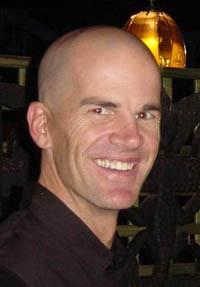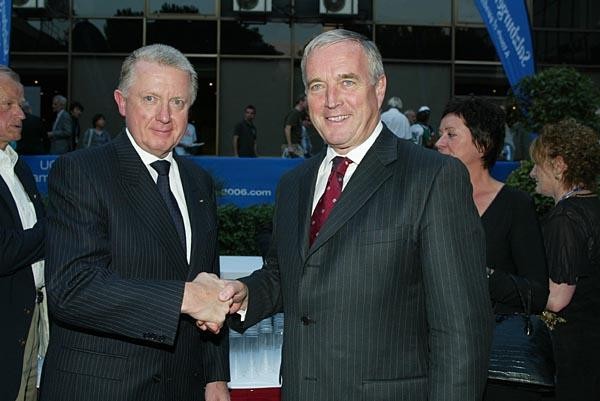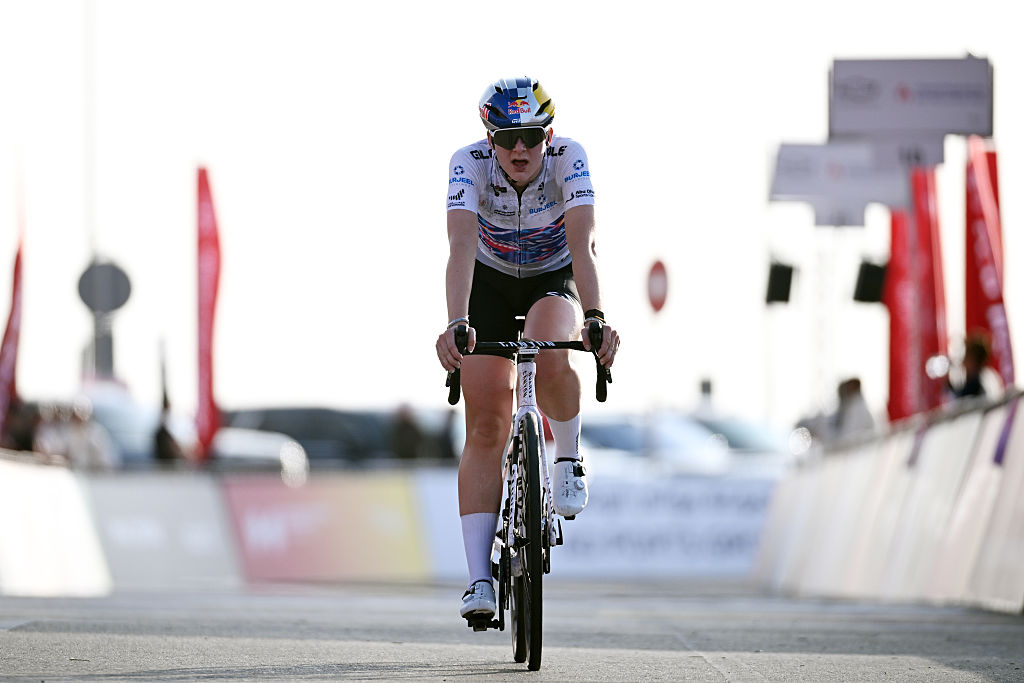Ashenden says: McQuaid must now help USADA's investigation
A cover up would be fatal for the UCI
The latest race content, interviews, features, reviews and expert buying guides, direct to your inbox!
You are now subscribed
Your newsletter sign-up was successful


Dr Michael Ashenden has urged the UCI to cooperate fully with USADA’s investigation into alleged doping offences surrounding Lance Armstrong and several other individuals.
The governing body of cycling had been at loggerheads with USADA over jurisdiction of the results management aspect of the investigation, a fillip on their previous sentiments in which they absolved themselves from the case entirely.
Armstrong, his former director sportif Johan Bruyneel as well as several doctors have been charged with several doping offences during the Texan’s career, with Armstrong, who has always denied taking performance enhancing drugs, ultimately facing the possible loss of his Tour de France victories.
He has until August 23 to either accept a lifetime ban and the loss of all results during the period of USADA's claims, which encompass most of his professional career including his Tour de France victories, or take the case to arbitration where all witness testimony and other evidence could be aired publicly.
Ashenden, who previously worked as part of the UCI’s biological passport panel, picked up the UCI’s altering stance.
“It has descended into a legal jungle. One minute Armstrong says he is not going to fight any future charges, the next he’s taking USADA to court with a ‘Hail Mary’ legal argument which the judge subsequently booted out. One minute the UCI are content for USADA to run the case, next they intervene seeking to derail USADA. Last time I looked they have accepted the judge’s ruling. I don’t know if that is all chair shuffling on the deck of the Titanic, but as far as I can tell the only party who have kept their position the same throughout these developments has been USADA,” he told Cyclingnews.
The situation is far from clear cut. USADA could have evidence of an alleged cover up of a positive test for EPO from Armstrong’s Tour de Suisse campaign in 2001. Such an allegation, if true, would rock the UCI’s authority to the core. They’ve sternly denied any such allegation but Ashenden, along with WADA’s David Howman, have voiced concern over the UCI assertion of jurisdiction.
The latest race content, interviews, features, reviews and expert buying guides, direct to your inbox!
“When an organisation is the subject of a serious allegation that is destined to be heard by independent fact finders, you would expect them to step back completely and allow the process to follow its course. I was dumbfounded when the UCI sought instead to intervene in that process. The worldwide sentiment at the moment is that federations have an inescapable conflict of interest when policing doping within their sport, so it beggars belief that a sport would stand up in that environment and argue that it should be allowed to decide whether allegations that it acted conspiratorially should be interrogated or quashed. I noted that WADA’s David Howman urged UCI to cooperate fully with the USADA investigation, and I hope that common sense has prevailed and they are doing exactly that. I think that anything short of full cooperation from this point forward will reflect very poorly on UCI.”
USADA’s initial letter of notification that was addressed to Armstrong and his associates included reference to their own interview with the Lausanne lab director, Dr Martial Saugy, who conducted the tests in 2001. Saugy told USADA that Armstrong’s samples were indicative of EPO use. In May 2011 Saugy admitted to attending a meeting with former US Postal sports director Johan Bruyneel and Lance Armstrong to discuss details of the early EPO test method. Could a test be covered up?
“If procedures were followed correctly, no it should not have been possible. When the system functions properly, results are sent in parallel to the federation and to the WADA. But in a hypothetical example, if a lab did not report a result to WADA, and neither did the federation, then oversight bodies such as the WADA would be completely blind and under those circumstances a cover up would have been possible,” Ashenden said.
“It remains for an independent fact finder to ascertain how it came to be that the result was not reported. One obvious explanation that seems to meet those facts is that the result was indicative of EPO but fell short of the positivity criteria and was thus not reported.”
“There is nothing particularly unusual about that circumstance. For example, if an injection is taken a few days beforehand, there can be insufficient EPO in the sample for it to exceed WADA’s ultra conservative criteria, even though its obvious to a trained eye that there are traces of EPO present. An analogy would be a police radar that measured you 2 km/h above the speed limit but did not proceed to issue a ticket. However, the suspicious result is still reliable evidence that can be used to support a legal argument that the athlete had used EPO.”
“Having said that, what would cast a sinister shadow over that situation is if a discussion about the result had taken place between the lab, the athlete and the sport. Such a discussion would be completely inappropriate and unsupportable, under any circumstances, because it would leave open the possibility that Armstrong had influenced the lab or the UCI and helped persuade them not to report the result. That is the allegation that has been made, it is an incredibly serious one, and that is why the UCI should step back until the allegation has been evaluated and the evidence weighed by an independent entity.”
Pat McQuaid was recently asked by Cyclingnews if he would step down as the President of the UCI if allegations over collusion were unearthed during USADA’s investigation. He refused to answer the question, and while he only became President in 2006, Ashenden believes that the current malaise at the UCI does rest with him.
“I have said previously that if the evidence shows that the UCI played any role whatsoever in a cover up, then it would be fatal for their credibility. The game has changed now because the current management at UCI have since tried to intervene and prevent USADA from pursuing the case. The 2001 allegations predate Mr McQuaid, but his decision to attempt to derail USADA rest squarely with him. I can only hope that he guides UCI back into the fold and does everything in his power, including providing the documents USADA requested, to help reveal what actually happened.”
Daniel Benson was the Editor in Chief at Cyclingnews.com between 2008 and 2022. Based in the UK, he joined the Cyclingnews team in 2008 as the site's first UK-based Managing Editor. In that time, he reported on over a dozen editions of the Tour de France, several World Championships, the Tour Down Under, Spring Classics, and the London 2012 Olympic Games. With the help of the excellent editorial team, he ran the coverage on Cyclingnews and has interviewed leading figures in the sport including UCI Presidents and Tour de France winners.

